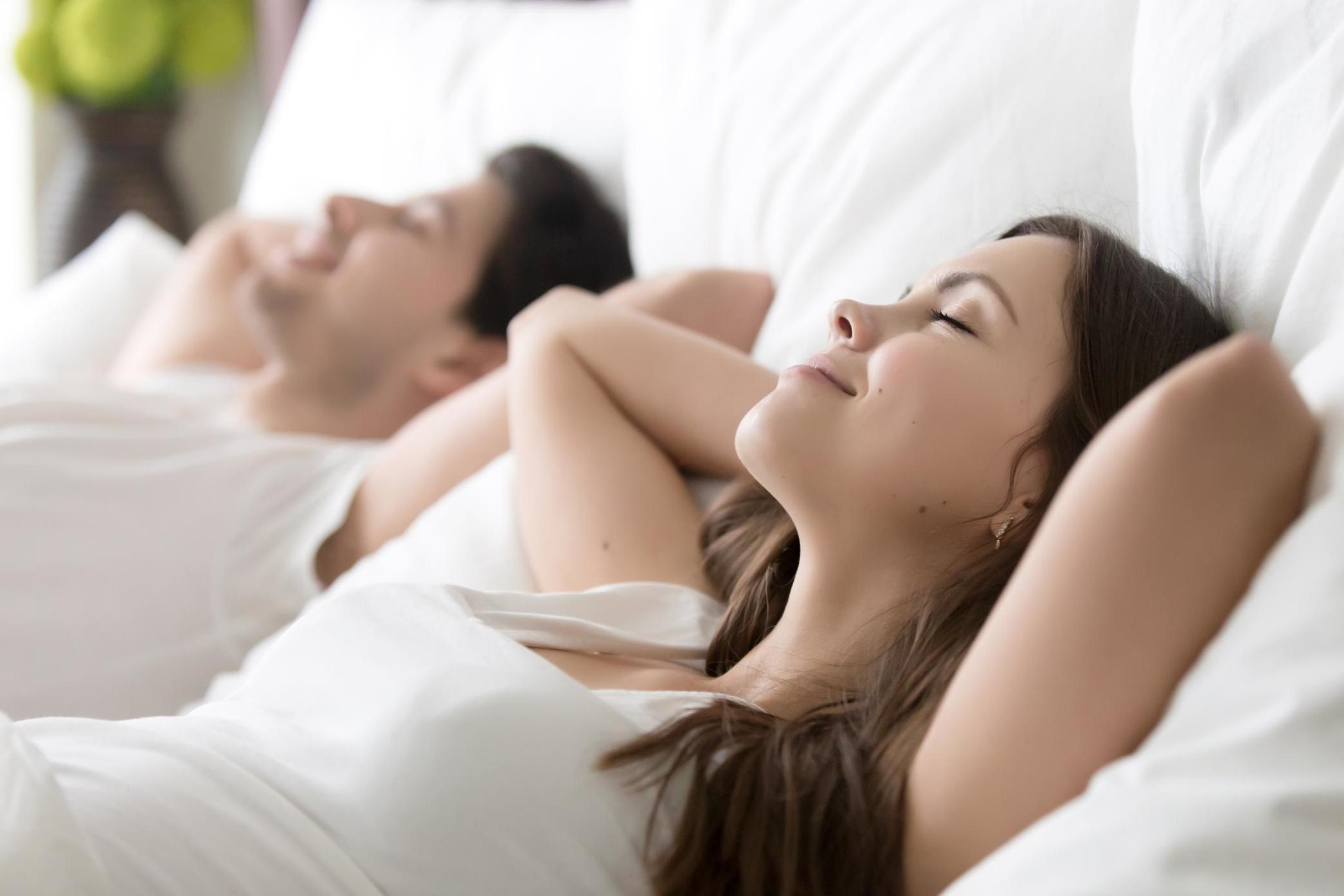People sleep better in more gender-equal societies, scientists claim
'Societies that are more effective in equalising economic and political gender relations have citizens who sleep better'

Your support helps us to tell the story
From reproductive rights to climate change to Big Tech, The Independent is on the ground when the story is developing. Whether it's investigating the financials of Elon Musk's pro-Trump PAC or producing our latest documentary, 'The A Word', which shines a light on the American women fighting for reproductive rights, we know how important it is to parse out the facts from the messaging.
At such a critical moment in US history, we need reporters on the ground. Your donation allows us to keep sending journalists to speak to both sides of the story.
The Independent is trusted by Americans across the entire political spectrum. And unlike many other quality news outlets, we choose not to lock Americans out of our reporting and analysis with paywalls. We believe quality journalism should be available to everyone, paid for by those who can afford it.
Your support makes all the difference.Couples who live in countries with more gender equality are likely to sleep better, new research has found.
According to a study of more than 14,000 people in 23 European countries, both sexes benefit from better sleep in countries where men take a more active role in childcare and more women have high-powered jobs.
The research was conducted by a team of sociologists at the University of Melbourne, who analysed data from the United Nations’ gender empowerment index and figures on reported sleep quality taken from the European Social Survey.
Britain ranks just above average on the UN's index, which takes into account the number of women in senior roles and the gender pay gap. The study found that 14 per cent of men in the UK and 20 per cent of women suffer from restless sleep
Norway ranks highest on the index, with just three per cent of men and nine per cent of women reporting restless sleep.
Meanwhile, Ukraine was rated lowest, with sleep disturbance levels rising to 16 per cent for men and 22 per cent for women.
While there is no clear way to explain the link, lead author Leah Ruppannear believes it might be down to gender equality reducing the pressures and anxieties in families that might lead to sleep disturbance.
For example, the study found that women’s sleep was more likely to be disturbed by young children and family obligations while men’s sleep was more likely to be affected by workplace demands and worries about household finances.
When these responsibilities are more evenly-distributed in nations that empower women, Ruppannear suggests that both sexes may benefit from better-quality sleep as a result.
“As more families balance work and family demands, who gets the right to restful and restorative sleep is increasingly important,” she writes for The Conversation.
“Gender, an important organiser of our daytime lives, also plays a crucial role in who gets up comfort the baby and whose sleep is disrupted worrying about family finances.
“Societies that are more effective in equalising economic and political gender relations have citizens who sleep better.
“Since sleep is an integral dimension to health and wellbeing, the economic, health and social benefit to being well-rested cannot be understated. So, let’s work together to get to bed.”
Join our commenting forum
Join thought-provoking conversations, follow other Independent readers and see their replies
Comments